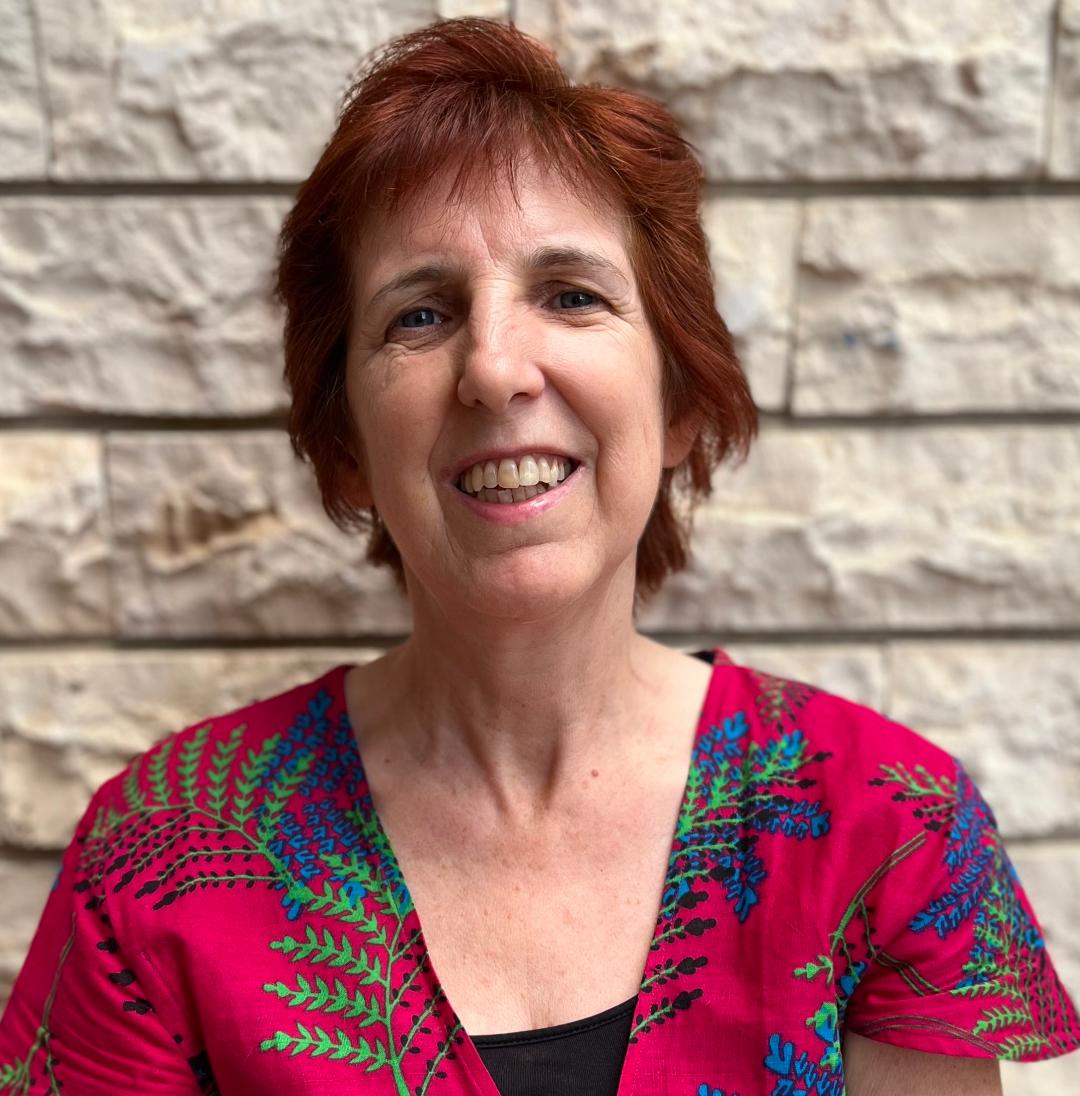How Much Is Too Much to Tell Teachers about my Child’s Disability?

How much is too much to tell teachers about my child’s disability? Maggie Gale, today’s guest blogger and mom to a daughter with medical special needs, asked that question at the start of every school year. Even though she was a teacher herself, she spent much time and energy trying to answer that question. Eventually, she came up with 3 guidelines. Today she’s sharing them with you.
And I said to the man who stood at the gate of the year:
“Give me a light that I may tread safely into the unknown.”
Minnie Louise Haskins, 1908
Some things haven’t changed since 1908. When we stand on the brink of the new and unknown, it’s human nature to feel fearful and crave more light to help us move forward.
For parents with children in school, or those who, like me, work in a school themselves, the year has two gates. The first one is in January, as the Christmas decorations gradually lose their luster. We go through another gate in August or September, as summer vacation painfully draws to a close and the new school year unfolds.
Here we are again, edging towards that gate. The structure-free days of vacation can be a time of niggling worries as we anticipate the future, whatever the angle we’re approaching it from.
Children are wondering, “Will I make new friends?”
Parents are questioning, “What will my child’s teacher be like?”
Teachers are thinking, “How will my class be this year?”
For parents of children with special needs, there can be deeper, more complicated questions:
Am I doing the right thing, sending my child there?
Will the teacher understand what I’m saying?
Is my child safe?
My daughter was born with EA/TEF resulting in severe swallowing difficulties. New teachers, new classes, and new schools called for letters detailing her medical condition. Sometimes I felt I was writing into a void—Was my letter stored away in a file somewhere, or had it been read and understood?
- How could I raise these issues with busy teachers without coming across as overprotective?
- How could I be really sure that the non-medical teacher grasped the concept that when food was stuck in her esophagus, it meant a complete blockage—no eating or drinking at all, until it was removed, surgically if necessary?
- How much is too much to tell teachers about my child’s disability?
After I became a teacher, I realized how important it is to communicate with the school with transparency and honesty but not with too much information. I also realized how helpful it is when a parent appreciates how many issues teachers juggle on a daily basis along with the specific needs of the child with special needs. Now, with 19 years of teaching experience, I suggest these guidelines:
- Keep it open. Explain the issue by sending a leaflet or a website that explains your child’s specific problems. In this way, you will take the mystery out of it and answer unspoken questions lurking in the minds of children or teachers: Can I catch this? Will it ever get better? Why was he or she born this way?
- Keep it matter of fact. Emotion is understandable but it can distract. We need all the focus to be on the child’s success.
- Keep it succinct. You might be an expert on your child’s specific case, but what does the teacher actually need to know? Appreciate that teachers are balancing 101 issues on a daily basis, so try to support them by sharing only what they need to know. This will help build the strong team of school and family that your child needs.
Minnie Louise Haskins continued the poem quoted above with these lines:
“Go out into the darkness and put your hand into the Hand of God.
That shall be to you better than light and safer than a known way.”
So I went forth, and finding the Hand of God, trod gladly into the night.
And He led me towards the hills and the breaking of day in the lone East.
Sending my daughter, with her specific medical condition, to a new school, new teacher, new class felt like treading into the dark unknown. Somehow or other, I found that Hand to hold onto. Despite the ups and downs of swallowing problems and esophagitis, my daughter made it successfully through her school life and emerged on the other side as a strong, independent young woman who can manage her challenges.
As your child goes through the school gate this fall, don’t forget that Hand holding yours and your child’s is better than light and safer than a known way.
Do you like what you see at DifferentDream.com? You can receive more great content by subscribing to the monthly Different Dream newsletter and signing up for the daily RSS feed delivered to your email.
Photo by Thomas Vogel on Unsplash

By Maggi Gale
Maggi is a wife and mother of two daughters. She is a primary school teacher, having worked in Africa for 14 years before moving to the Middle East. Her passions are her animals and art. Her youngest daughter was born with tracheoesophageal fistula (TEF). This birth condition was to be the start of an arduous journey, impacting the whole family for several years. Through writing, she hopes to turn her experiences into encouragement for others on similar paths.
Subscribe for Updates from Jolene
Related Posts
Enjoying the Holidays with a Food Allergy
Jolene talks about her own family’s struggles and explains her strategies for enjoying the holidays with a food allergy.
God’s Plans for our Children are Like a Puzzle
God’s plans for our children are like a puzzle larger than any Sandy Ramsey-Trayvick has ever completed. In today’s post she describes how putting together jigsaw puzzles had shown her to trust in God’s plans for her kids. I began doing jigsaw puzzles again while we...
Middle-Grade Fiction about Kids with Special Needs
Guest blogger Lisa Pelissier introduces and explains her latest middle-grade fiction for kids with special needs.






0 Comments